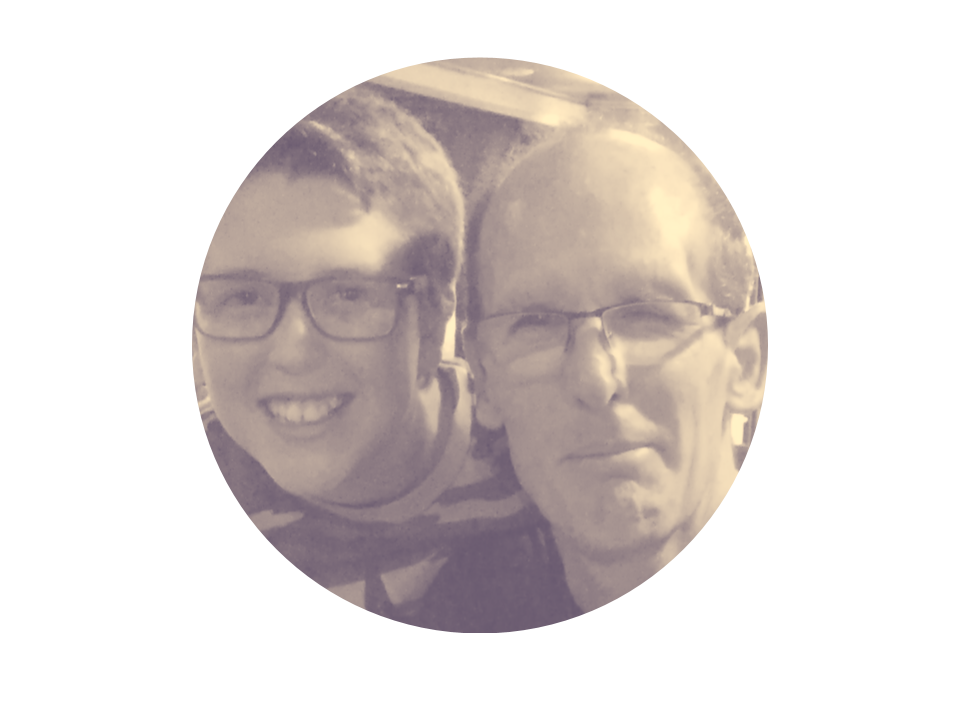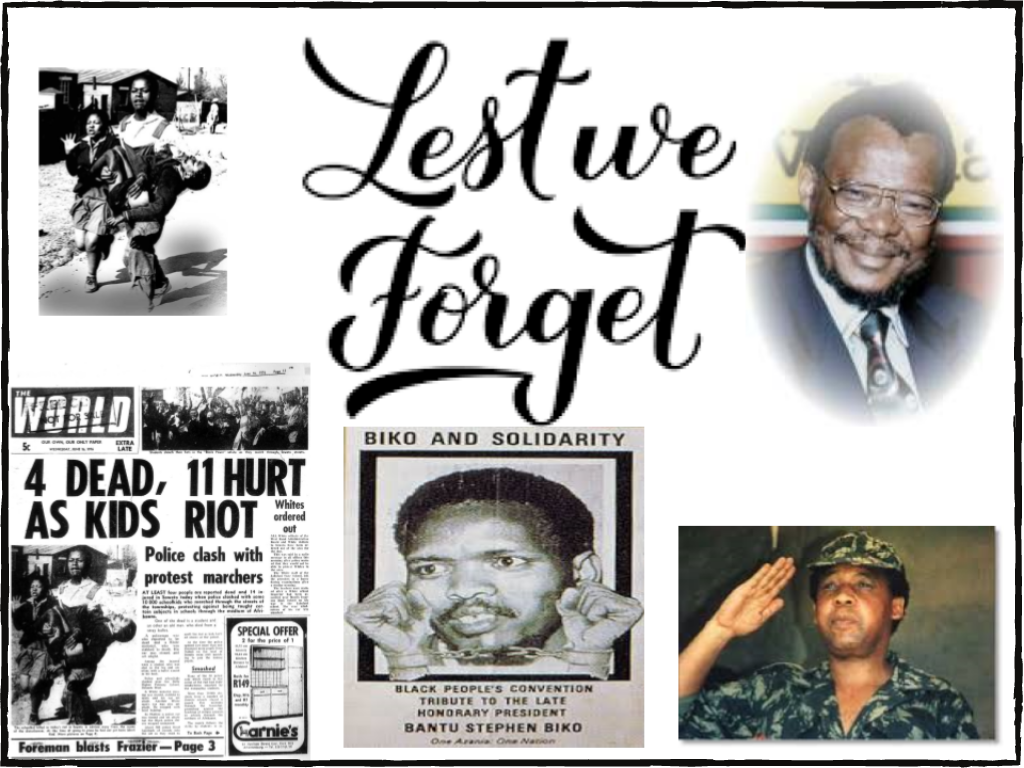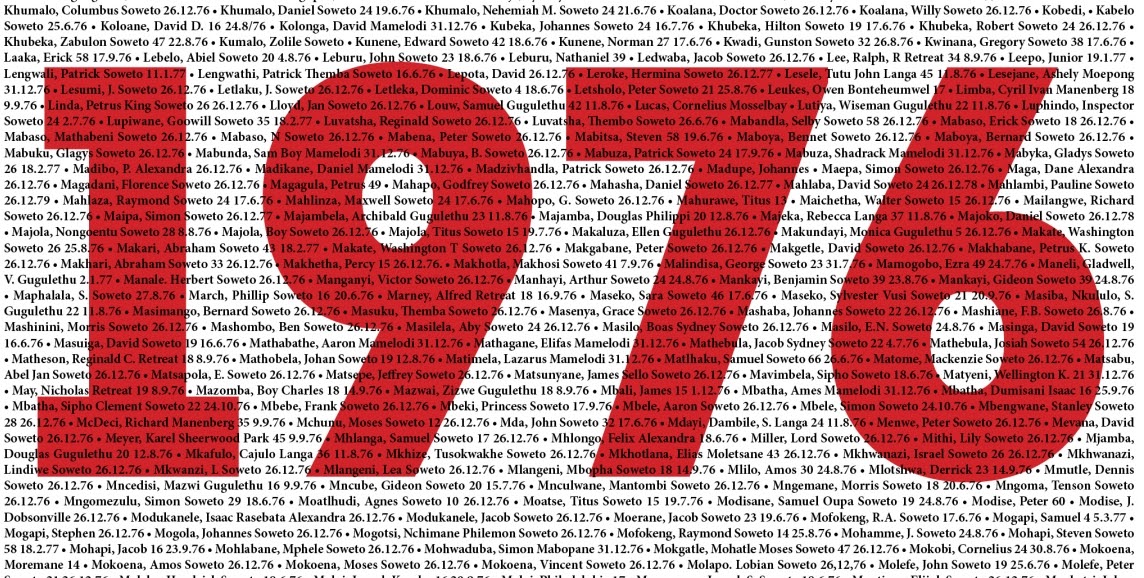History, especially as I remember it at school, was a subject that became incredibly boring. My aim is always to provoke interest, to get the students hooked… What better way than with music?! As humans, we all have a connection to music, albeit not always the same types of music. Playing the music with the students, watching their very real responses to the music videos and the lyrics, and then encouraging them to react, made the process of learning not only different and fun but I believe REAL. It was no longer just Sir talking, it was music that created emotion which created reactions…
These reactions ranged from happiness at finally understanding, to questions like “REALLY SIR?”, to anger and other emotions. After each lesson we would spend time talking and debating - I saw Grade 9 students step up to the plate and make valid emotional arguments that I do not believe I would have got out of them had I just used a textbook.
I had Grade 9’s come back to me with stories about their Dad’s experience in the Apartheid army or a meeting their Granny had with Archbishop Tutu - all of a sudden history was real - not just something Sir spoke about!
The biggest joy for me was how much I learnt from students whose families had experienced the negatives of Apartheid like the student who had the courage to stand up and question me about my life under Apartheid, my time as a National Servicemen. The music seemed to make it a very real-life experience for everyone in the classroom. Anger, tears, laughter, emotions - we shared them all.








